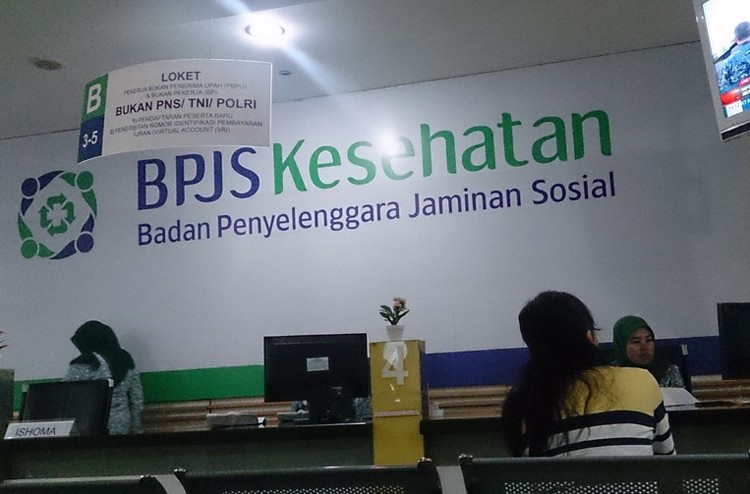Popular Reads
Top Results
Can't find what you're looking for?
View all search resultsPopular Reads
Top Results
Can't find what you're looking for?
View all search resultsNo more funds available to cover BPJS deficit, says Sri Mulyani
The sharp increase in premiums beginning this month is expected to reduce the BPJS deficit to Rp 18 trillion from the initial estimate of Rp 32.89 trillion at the end of 2019
Change text size
Gift Premium Articles
to Anyone
T
he government plans to no longer provide cash injections to cover the Healthcare and Social Security Agency's (BPJS Kesehatan) deficit this year following a hike in the insurance premiums.
"We are sure that BPJS Kesehatan would not need additional funds in 2020 following a hike in the insurance premiums. BPJS has also promised to keep their finances in check," Finance Minister Sri Mulyani Indrawati said during a press briefing on the 2019 state budget in Jakarta on Tuesday.
The year 2020 marks a new phase for Indonesia's universal healthcare program, National Health Insurance (JKN), as the government raised its premiums for the first time since it started operations in 2014.
Beginning in January, the government raised the premiums for first-class service by 100 percent to Rp 160,000 (US$11.40) per month per person, while more than doubling the cost for the second-class service from Rp 51,000 to Rp 110,000. The government also hiked the premiums for the third-class service by 64 percent from 25,500 per person per month to Rp 42,000.
BPJS Kesehatan has suffered a huge financial deficit since its establishment as its premium income was far from enough to pay for insurance claims.
BPJS Watch estimates that the increase in the premiums is expected to reduce its deficit to Rp 18 trillion from the initial estimate of Rp 32.89 trillion at the end of 2019
Speaking during the same briefing, the Finance Ministry's budgeting director-general, Askolani, told reporters that the government would still allocate Rp 20 trillion to subsidize the premium payments of low-income participants.










